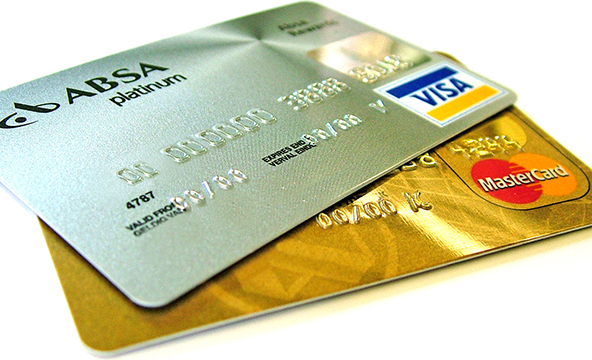Merchant Account Application Requirements

The merchant account application review is a fairly straightforward process that typically takes a day or two to complete, but more often than not it drags on for a bit longer, due to insufficient paperwork. Merchants are often surprised with the amount of documentation needed and are not always prepared to produce all of it at once. Additionally, there have been some recent changes in the list of requirements for new applicants, so I thought that a fresh overview is in order.
General Requirements for U.S. Merchant Account
All applicants for U.S.-based merchant accounts need to be compliant with the following general requirements:
- Legal presence in the U.S. All merchant account applicants must be legally incorporated as businesses in the U.S. or at least registered with the local city or town and obtain a “Doing Business As” (DBA) name.
- Physical presence in the U.S. All applicants must maintain a physical address in the U.S. that can be verified. A P.O. Box is insufficient.
- U.S. bank account. The bank account into which the merchant would have their funds deposited must be set up with a U.S. bank.
Once these requirements are met, the merchant can proceed with the application process.
Paperwork Required of Merchant Account Applicants
The required application documents will vary depending on the applicant’s risk categorization, which is determined based on a list of factors, including line of business, monthly processing volumes, previous processing experience, etc. However, all applicants will be required to provide the following documents:
- Application form. A form that collects basic information about both the applicant business and its principals, including address (business and personal), tax ID, phone number, email address, web address, bank account information, processing volumes, average sales amount, etc. The pricing agreement may be part of the application form or separate from it.
- Personal guarantee. Processors look to limit their liability for fraudulent transactions by requiring the principals of all privately held businesses to provide a personal guarantee. Publicly traded and non-profit entities are exempt from this requirement.
- Articles of Incorporation. Incorporated entities are required to provide a copy of their incorporation paperwork.
- Business license. If the applicant business requires some form of a permit or license, either a federal or a state one, it will have to be submitted.
- Voided check. A voided check is needed for the bank account into which the merchant’s funds will be deposited. It must be a permanent check, i.e. it must have the business name pre-printed on it. If a permanent check is unavailable, it can be substituted with a bank letter stating the bank account details and signed by a bank manager.
- W-9 form. This is the application form for a federal Tax ID. It can be substituted with the SS-4 form, with which the Tax Id is received.
The following paperwork may be required of applicants that are categorized as higher risk:
- Business financial statements. Typically required for the preceding two fiscal years.
- Personal financial statements. Also typically required for the two latest years.
- Processing statements. Required of merchants with previous processing experience, typically for the latest three or six months. Most processors will not consider applications from certain high-risk business types if they lack processing experience.
As you can see, these are all documents that should not be difficult to produce. If the processor receives everything it needs at once, there should be no delay, so just double check your paperwork before faxing or emailing it.
Image credit: G37.com.br.


